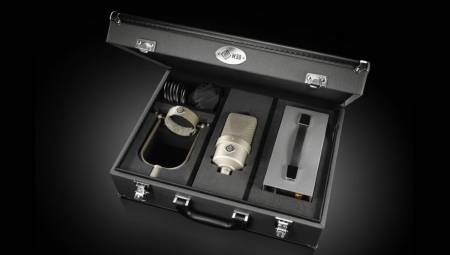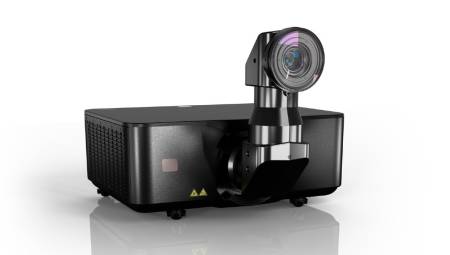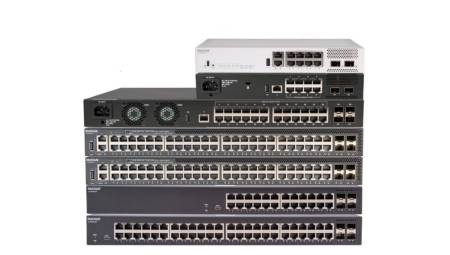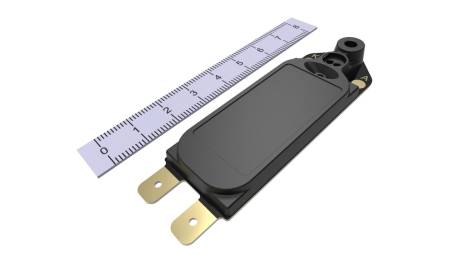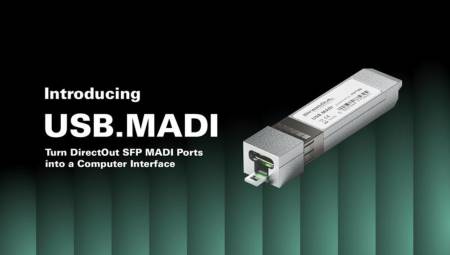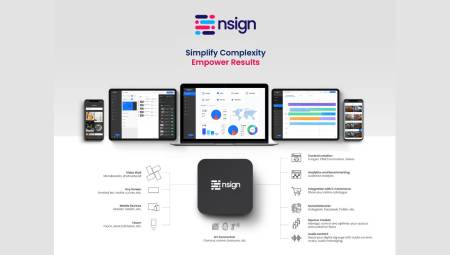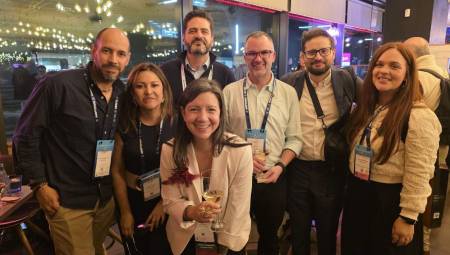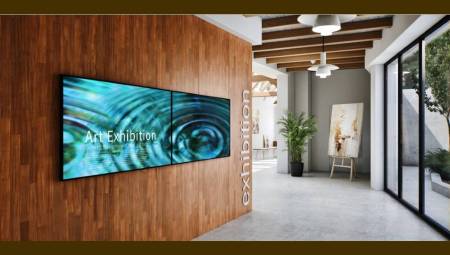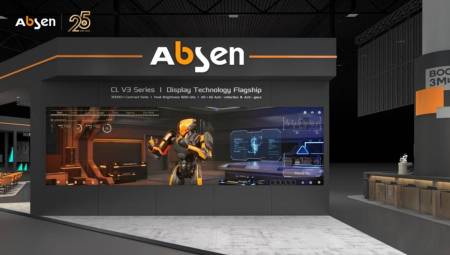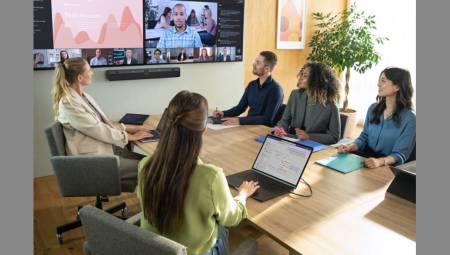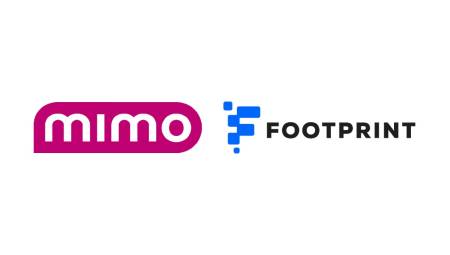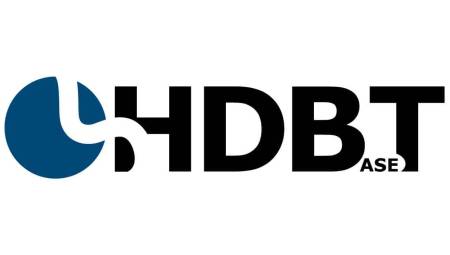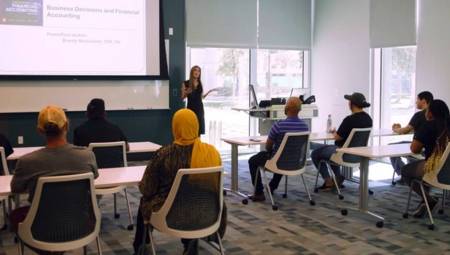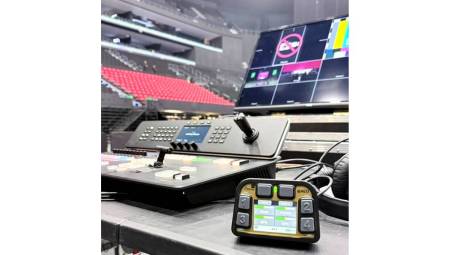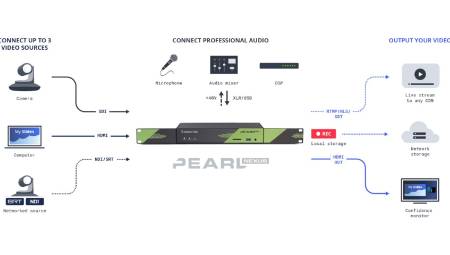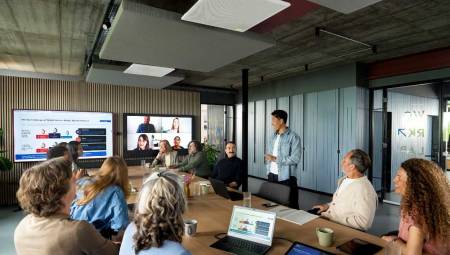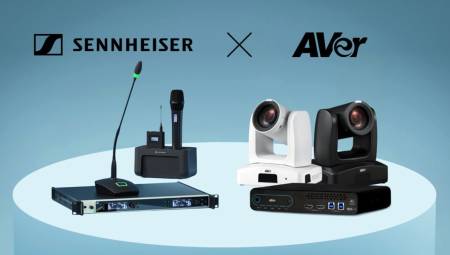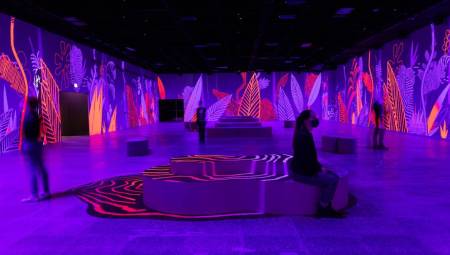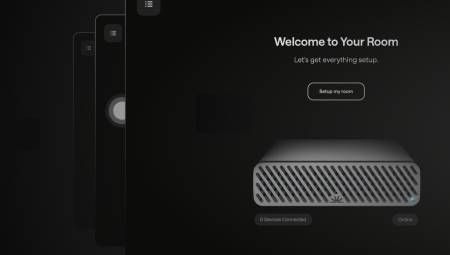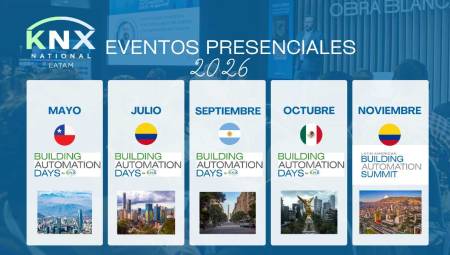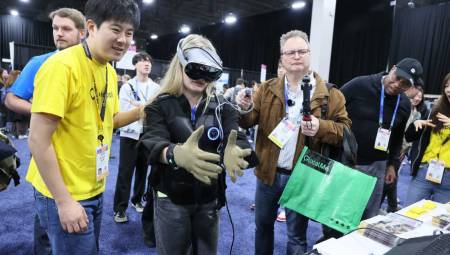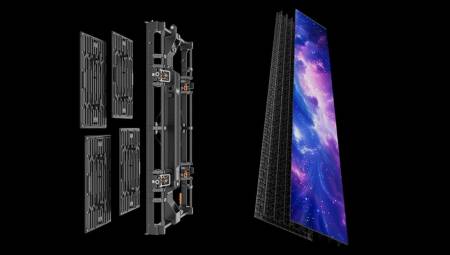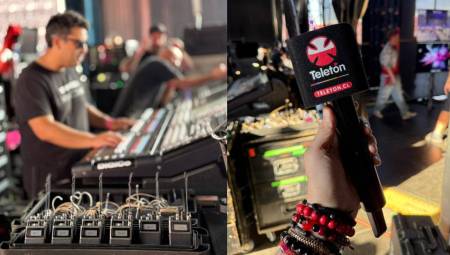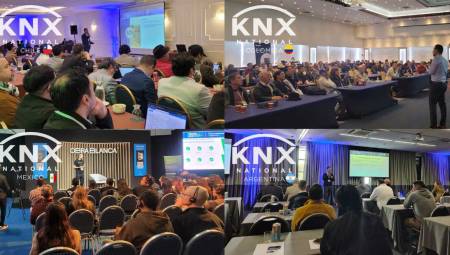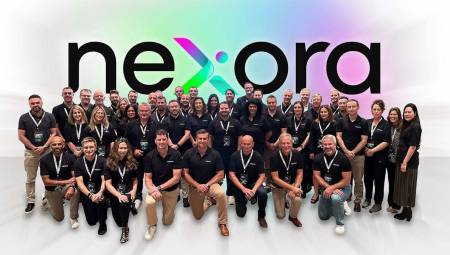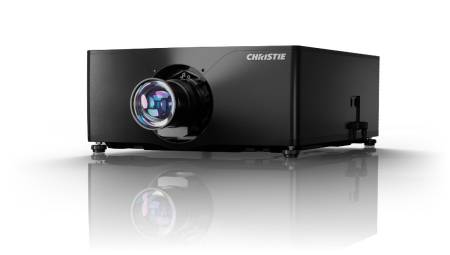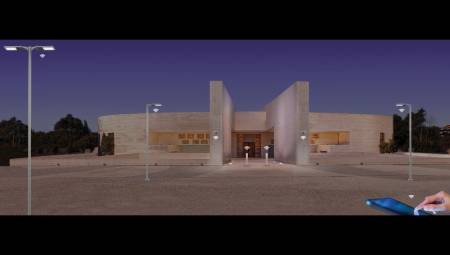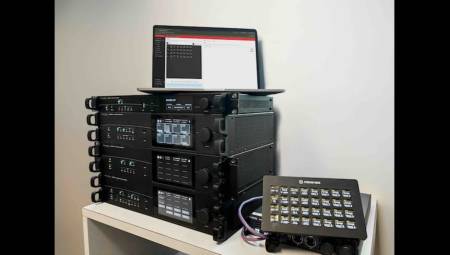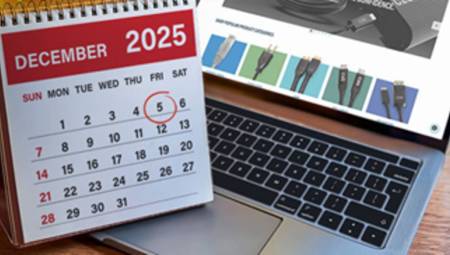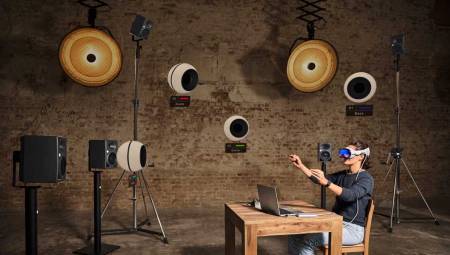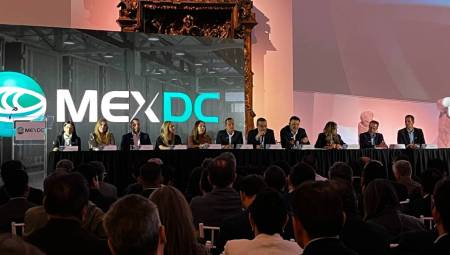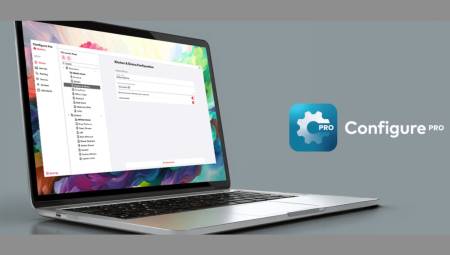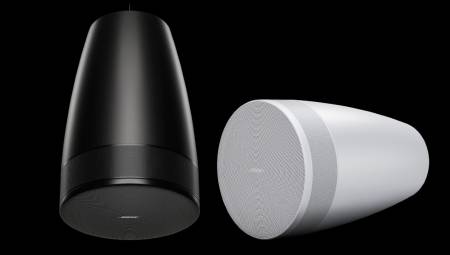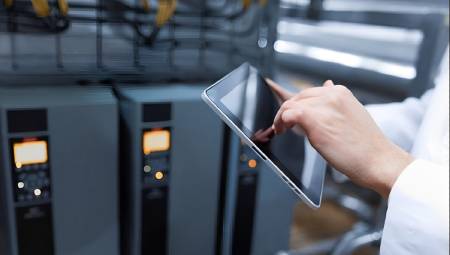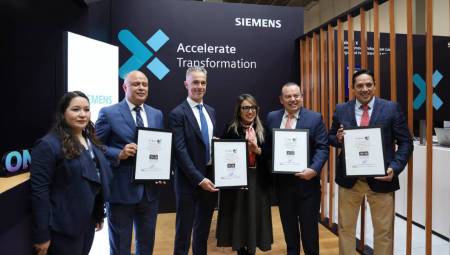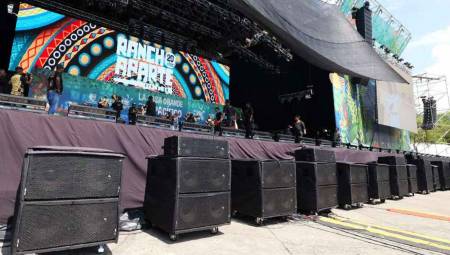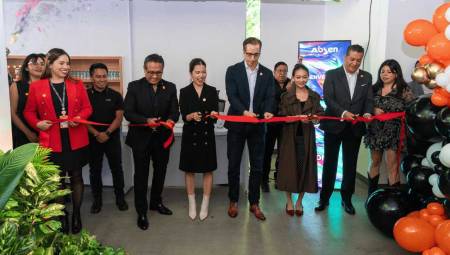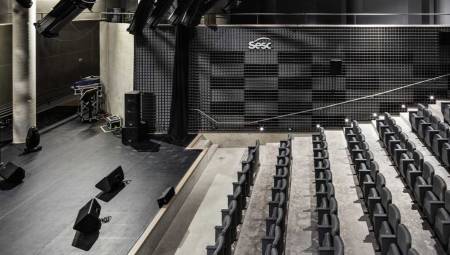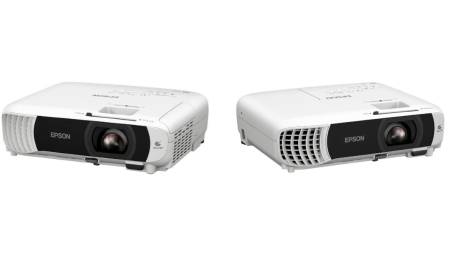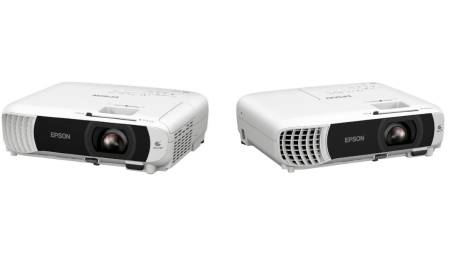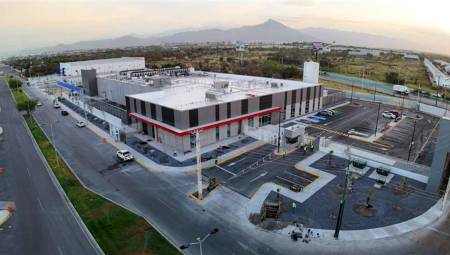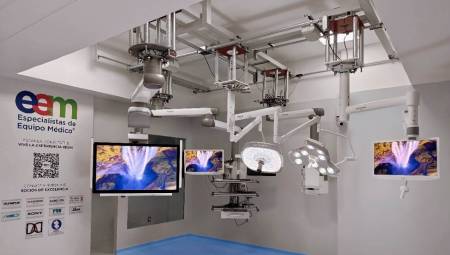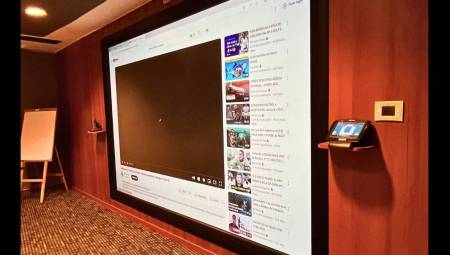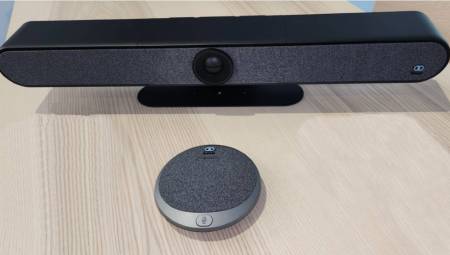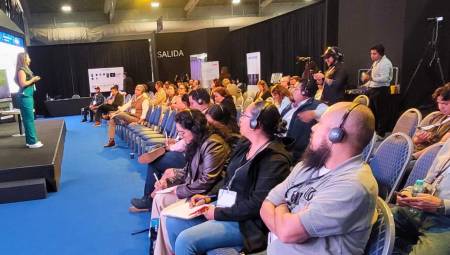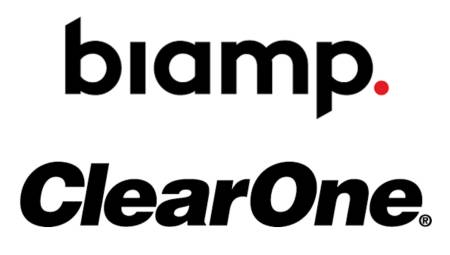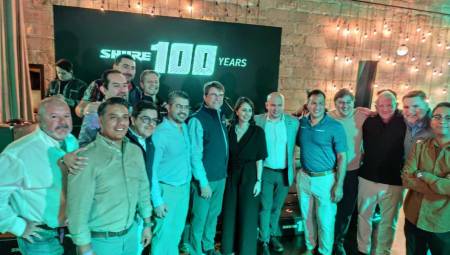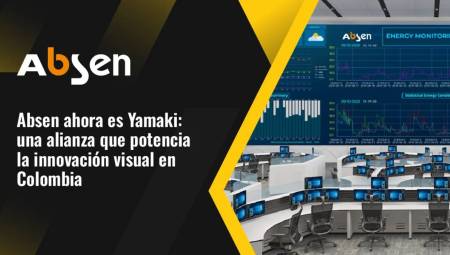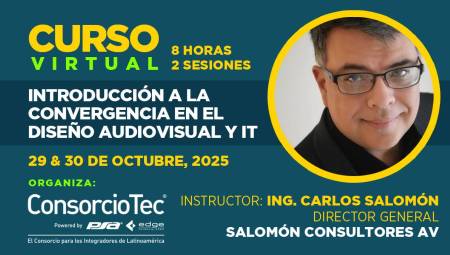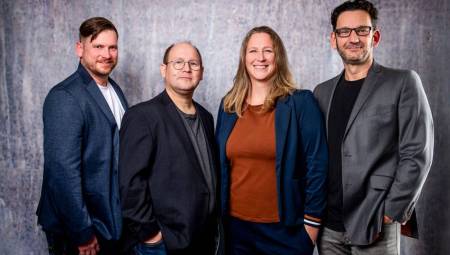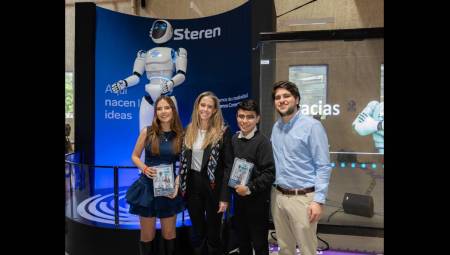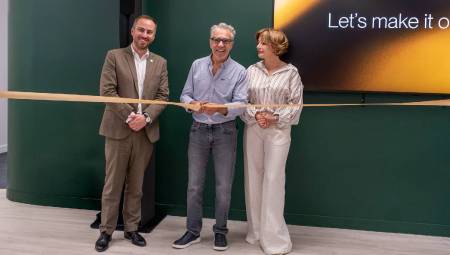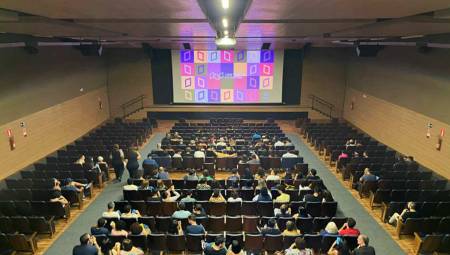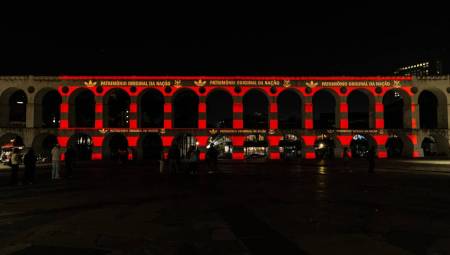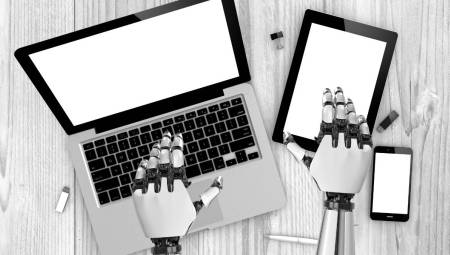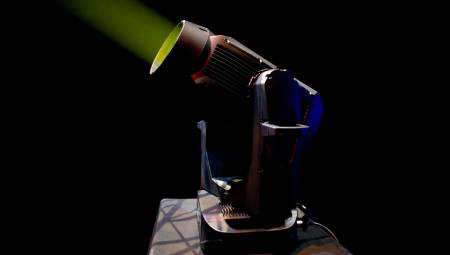Latin America. It is indisputable that the pandemic changed the course of the market in several aspects. As new consumption habits and the relationship of customers with brands. Specialists evaluate the recent transformations in the economy and society, caused by Covid-19, and several expressions were incorporated into the vocabulary with the intention of translating the world in which we live. One of them is phygital, which, in general, means the integration of the physical world with the digital one.
For some decades, companies have been studying ways to offer unique and integrated experiences in different channels to satisfy customers increasingly eager for innovation. E-commerce is registering an unprecedented increase in all countries of the region.
This is why smartphones have been the technological drivers of the term phygital, and the pandemic brought consolidation. The concept came to be considered by many as the last frontier of the consumer experience and retail companies were forced to adapt to this fully connected world.
The use of the phygital concept is not restricted only to retail. The goal of integrating the physical world with the digital one must promote more satisfying experiences for consumers from different segments and, why not, reinvent the way of doing B2B business. Below are some examples:
Banks: the bank of the future must be phygital and needs to transform agencies into "relationship centers", in which the manager becomes a financial consultant. The same bank will make people's lives easier, such as offering investment recommendations through a virtual assistant, as well as offering the best mobile experience for banking transactions.
Aviation: In the book "The Moments of Truth," published in 1987, author Jan Carlzon, who was president of Scandinavian Airlines, SAS, described the five unique moments that impacted the customer's relationship with the airline. If written today, Carlzon could describe such moments as: choice of destination, purchase of tickets and check-in – all digital, baggage clearance and the travel experience itself, as physical experiences.
But this is a sector in which technology is a fundamental ally to offer greater reliability. If we consider the biggest health crisis of all time, the stages of the trip must be rethought to offer greater safety to passengers. At the airport, the passenger journey was redesigned to meet global health protocols, including social distancing and temperature control and contactless care. These changes in the aviation sector will extend beyond the pandemic.
Insurance: It definitely makes no sense to raise the levels of digitalization if the human component was forgotten. In the insurance sector, such logic is even more crucial. Currently, it is possible to follow a patient by smartphone and schedule a consultation with a specialist doctor all in the palm of the hand. It is also allowed to select by cell phone the professionals who provide maintenance services or else request the presence of a medical team to perform specific tests and even the Covid-19 test. This is a trend that will remain.
Auto insurance has also already been affected by the "phygital". In some cases, the story is replaced by photos that the candidate or insured person himself makes of his vehicle, and the documents are photographed and sent through a digital platform. The insurance premium may vary depending on how the insured steers their vehicle, monitored by GPS and speed controls. If it is handled more conservatively, the premium decreases!
Transport: The use of the Internet of Things (IoT) in transport is no longer a futuristic image. This is already happening now, and should be the crucial factor in adapting to the phygital future of the sector. To achieve greater efficiency in fleet management, with an IoT solution it is possible to have access to different vehicle information, such as location, speed, engine temperature, fuel level in the tank, number of stops and position of the pedals.
Smart sensors emit relevant information that can anticipate problems in vehicles, avoiding interruptions of the logistics process. But it also serves to analyze a possible overload of work in the sector. These systems allow full integration between drivers, vehicles and companies.
The consumer experience, whatever the sector, changes. Therefore, it is important to analyze and understand their habits. The concept of phygital emerged to show that new directions always vary and, of course, are possible. The company that does not adapt, will run the risk of being left out.
Text written by Antonio Carlos Brito, Sr. Principal, Digital & Value Engineering Infor Latam.





